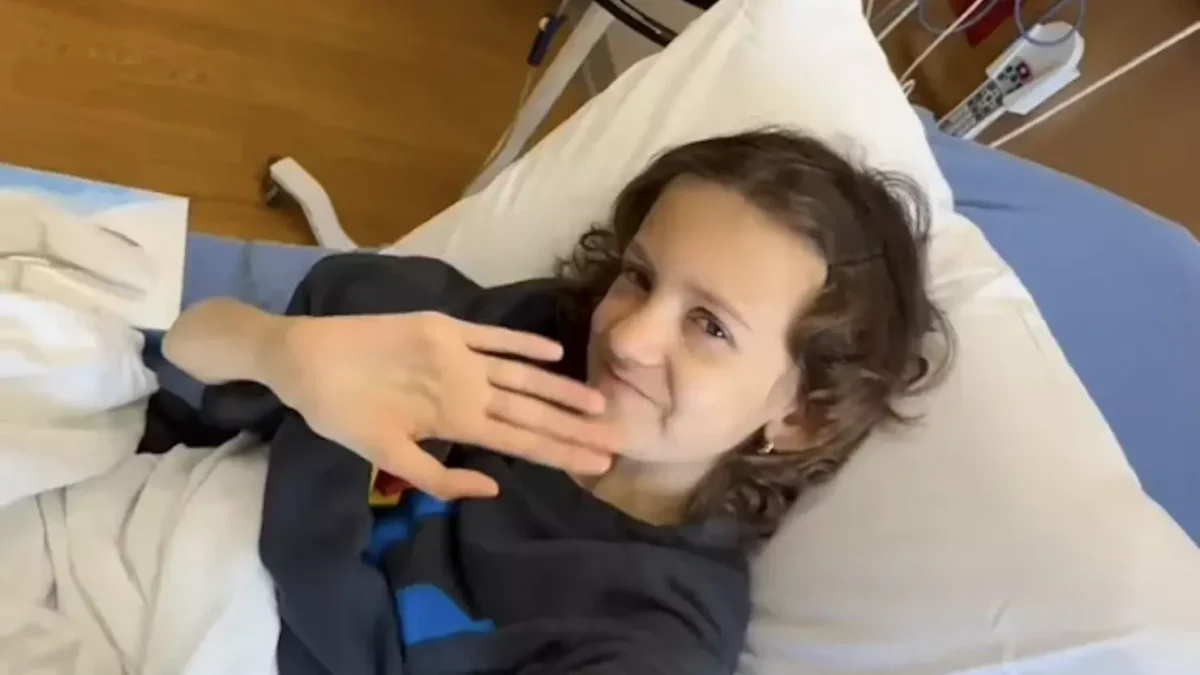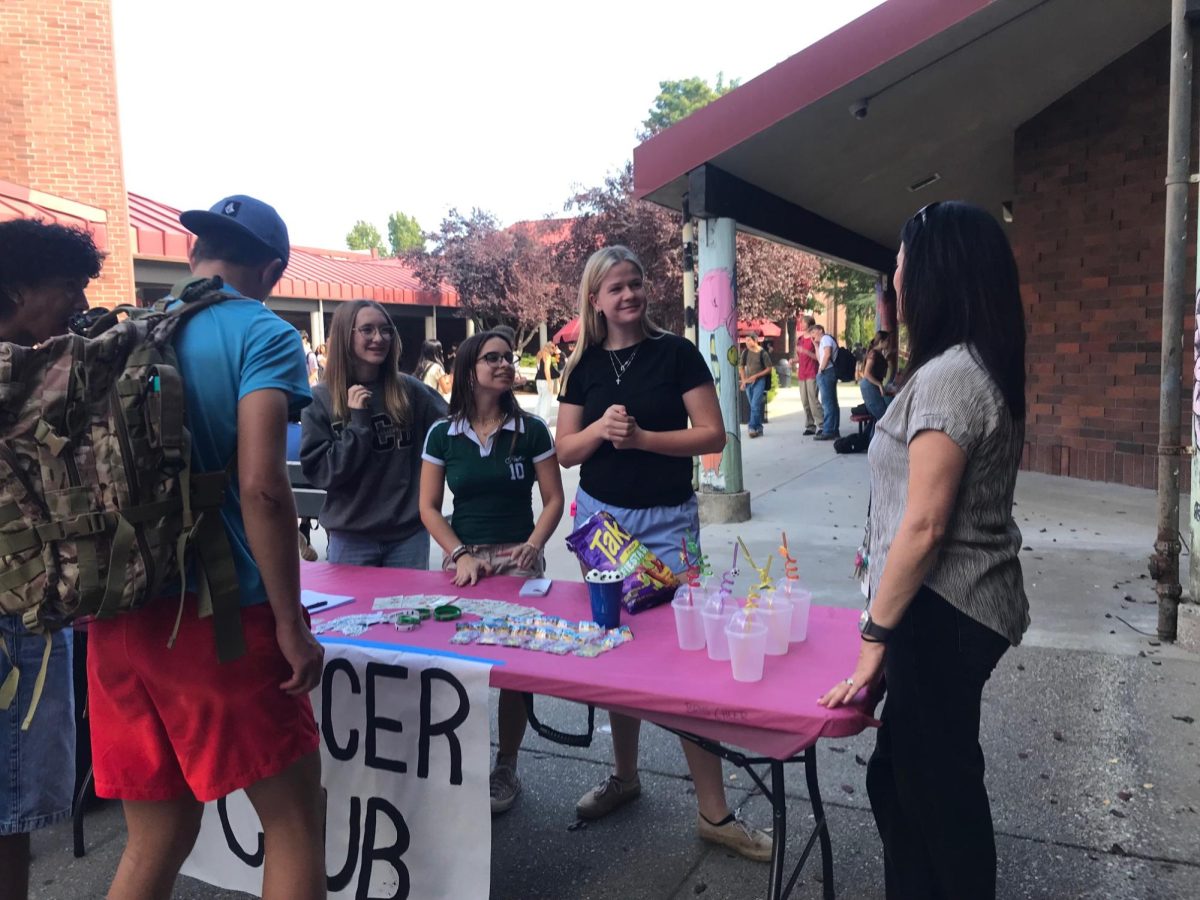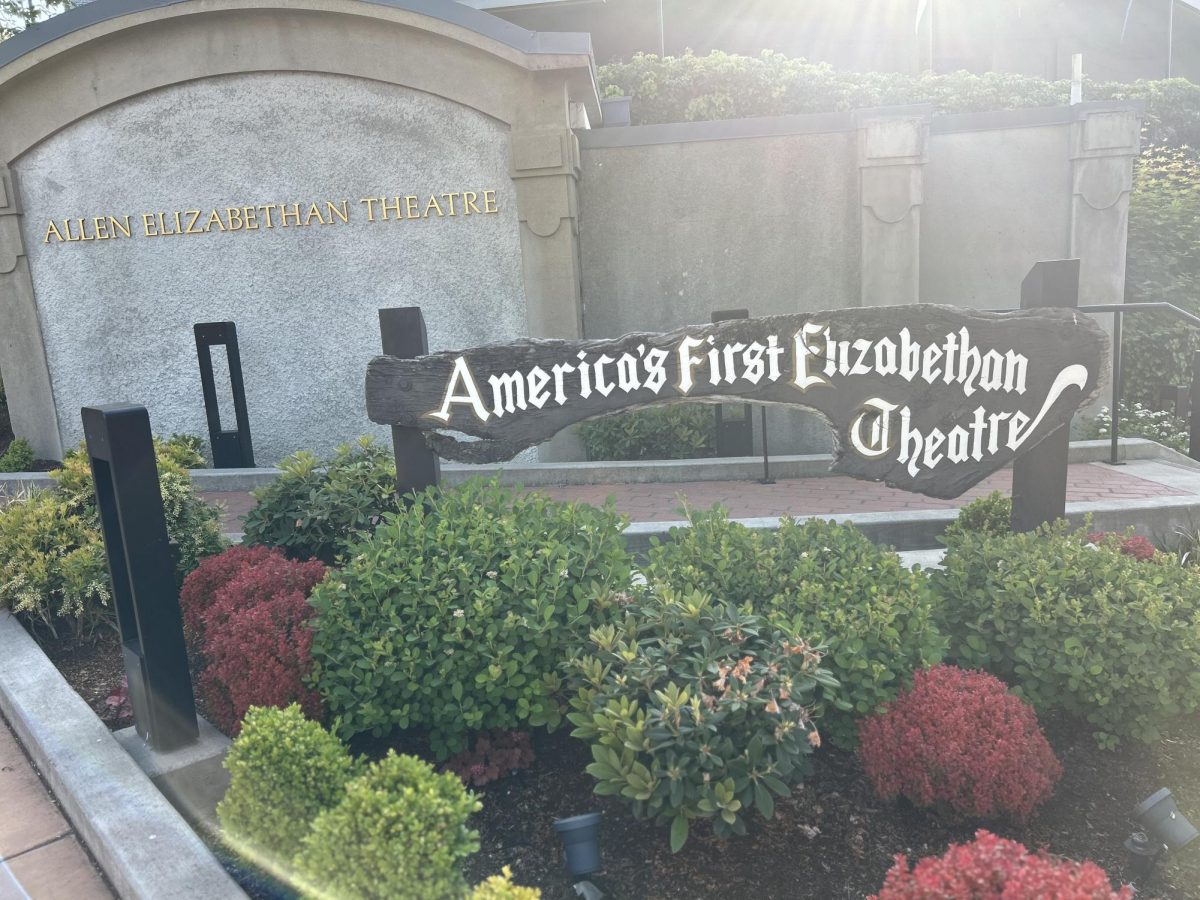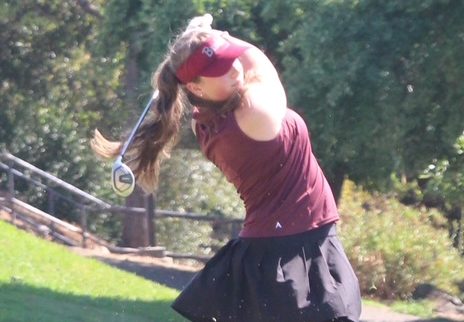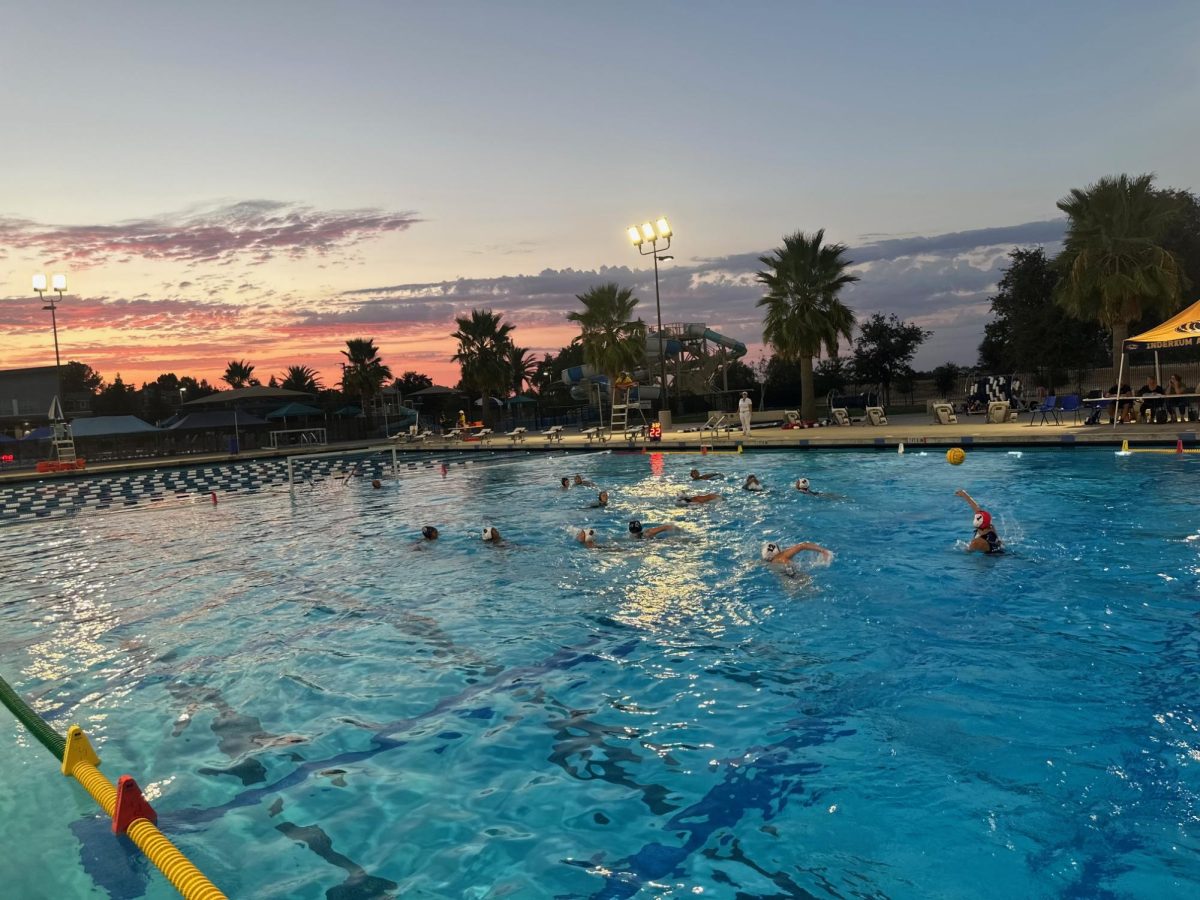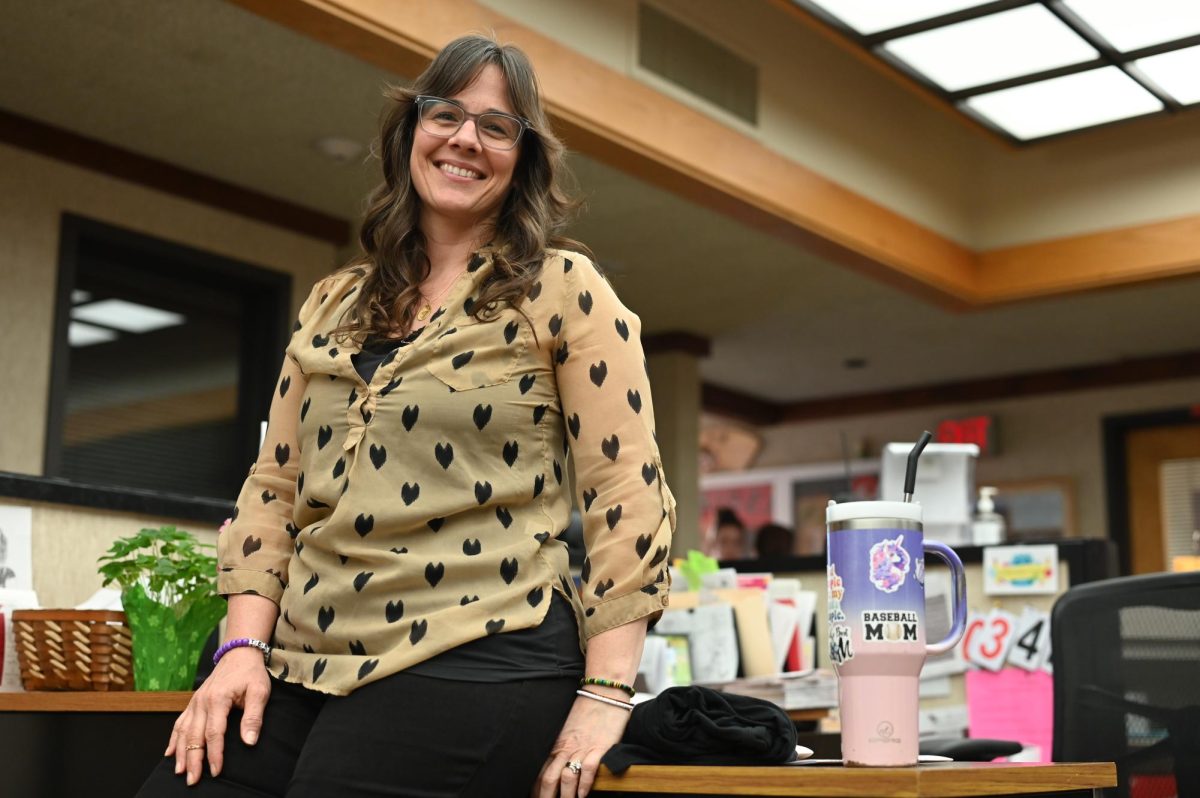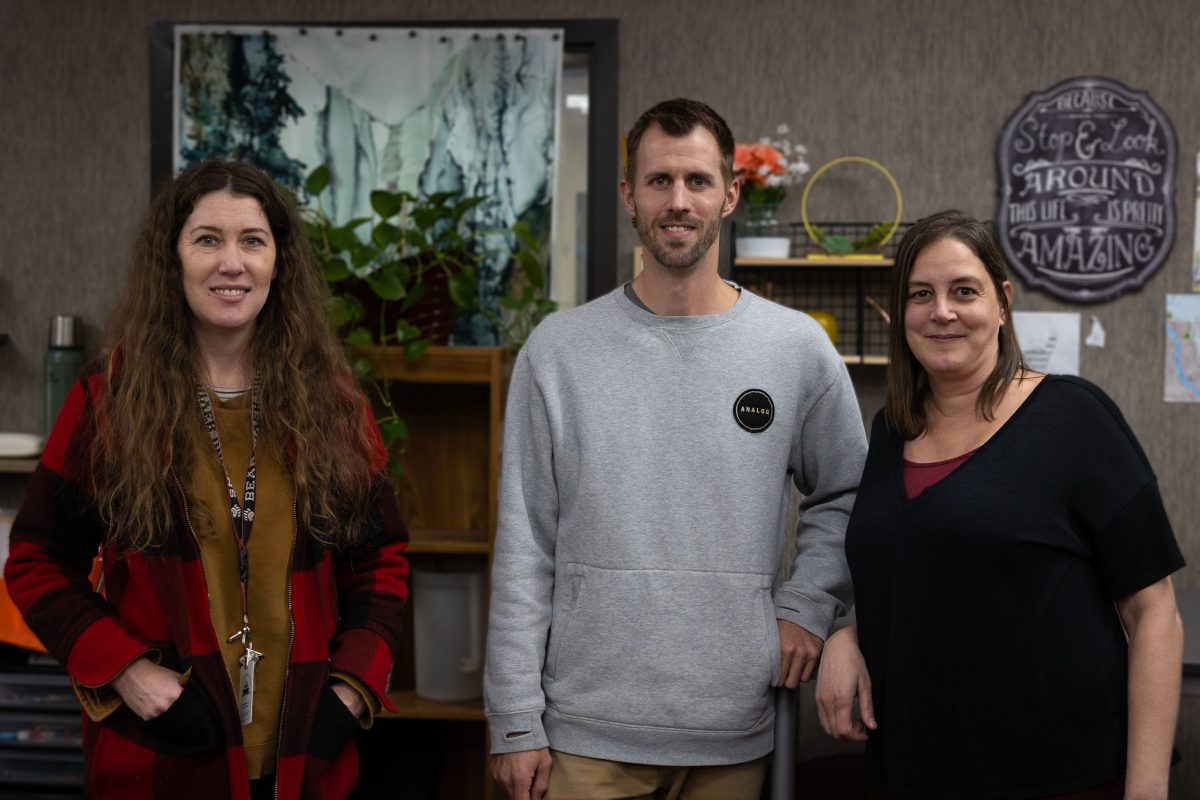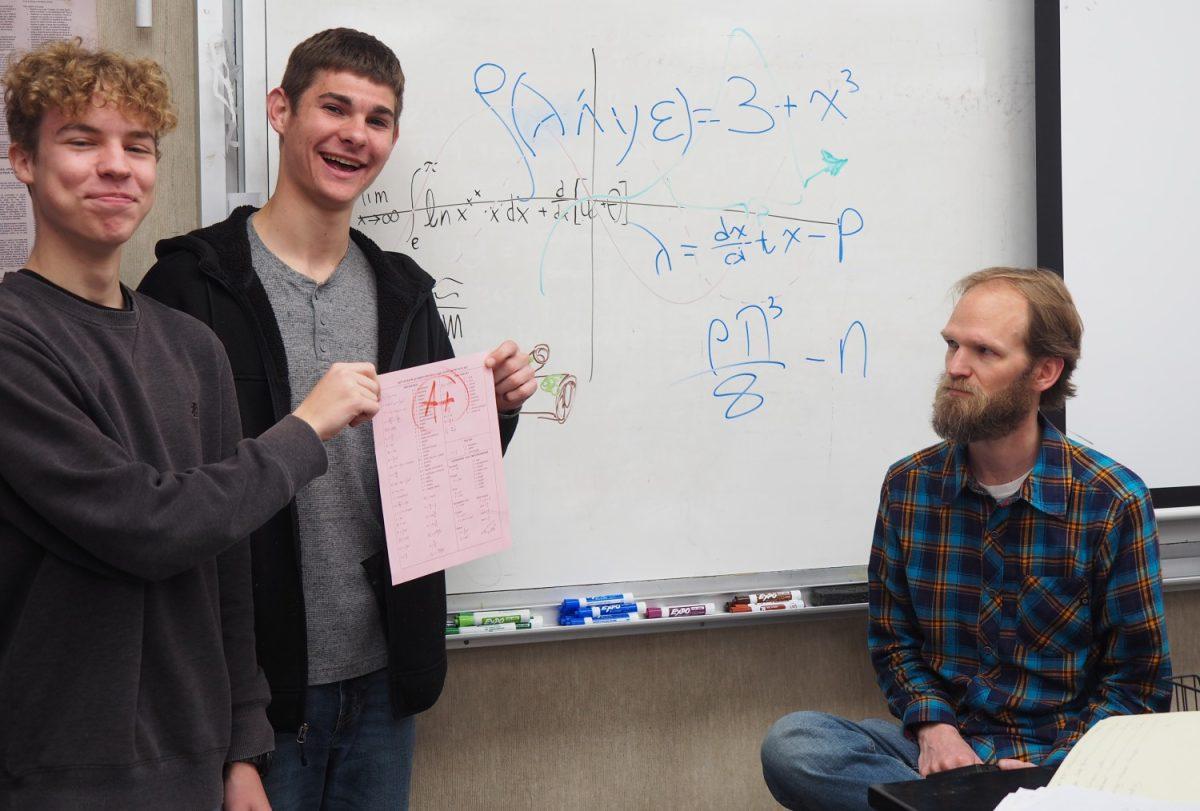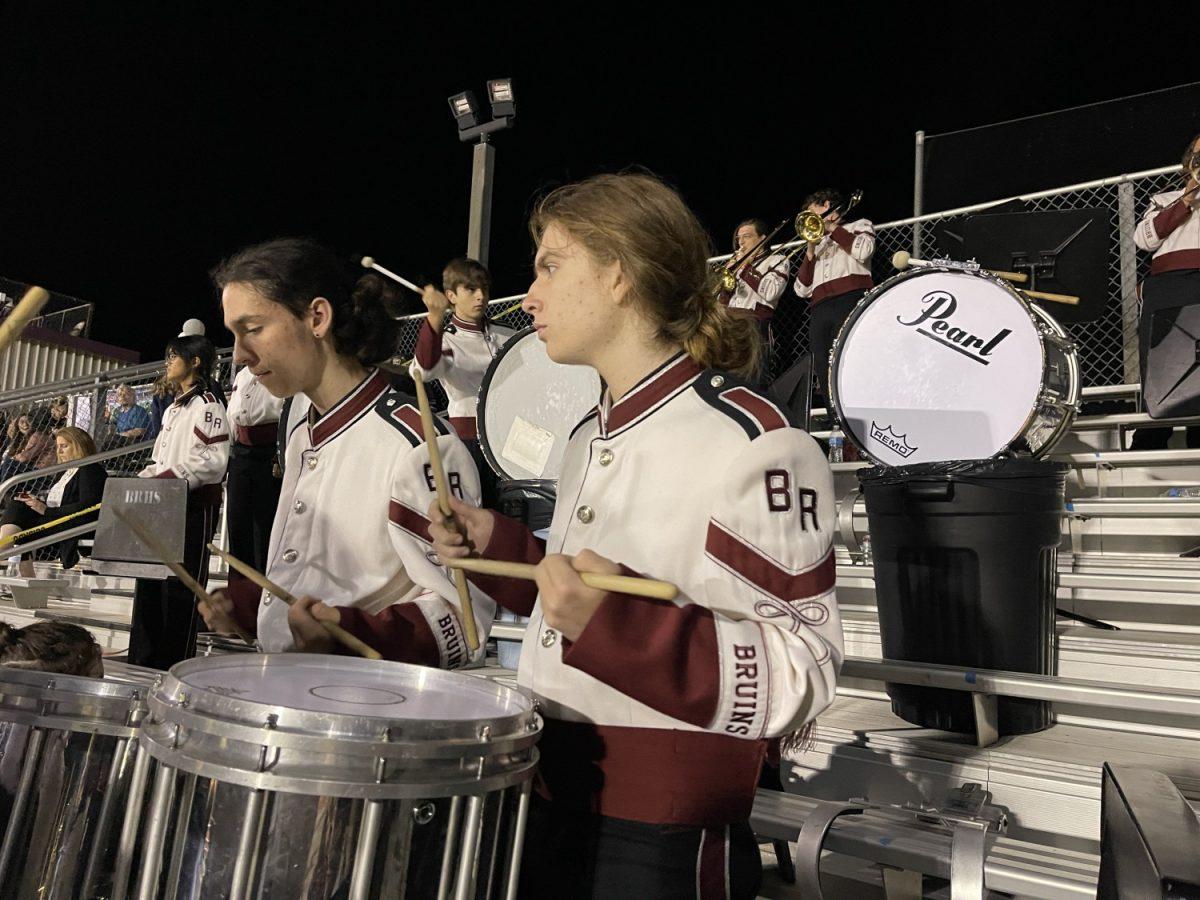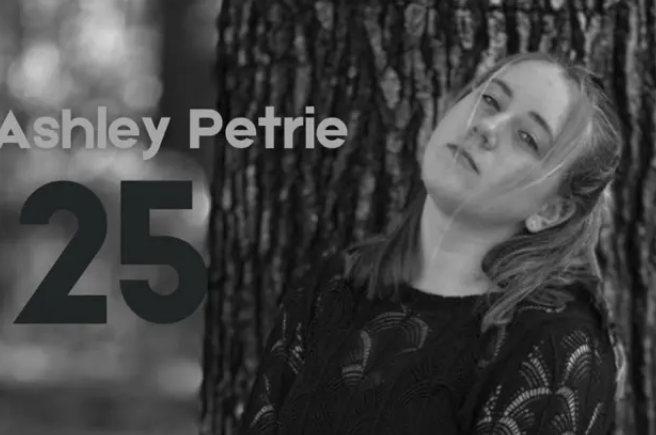Here at Bear River there’s a department that is sometimes overlooked or not easily recognized by many students, while it plays a crucial role in our education program. This department stands at the very heart of our school, serving as an outlet for many students — not only allowing them to get extra help, but also providing a place of comfort.
The department in question is our special education program, backed by a loving staff who all share the same goals and desires for our students as a whole.
Kali McCormick touches upon the initial workings of the special education program, explaining that “Each student receives services through an Individual Education Plan, and these are legal documents that special education teachers write in collaboration with a team.
“These teams are made up of parents, students, sometimes school psychologists, as well as special education teachers and general education teachers who all come together in order to determine what we need to do in order to provide services to students with an IEP. Once this team determines the students’ needs, our role as special education teachers is to ensure that these students are receiving their services.”
Within this field there is a vast range of different services that are available, from speech and language services, to services dealing with social skills, mental health services and even arithmetic and foundational skill support.
It’s very common for students to need this level of support, McCormick said.
“Most students with IEPs are in general education classes, they just need a little additional support with their accommodations in certain fields,” she expressed.
Teacher Ryan Taylor said that special education has become part of the larger academic plan at Bear River.
“Nowadays, especially post-pandemic, special education is becoming more of a focus within academics as a whole,” he said. “Here at Bear River I think our special education team does a good job of including the student within their own education and educational game plan, while also easily branching out to other students on campus and building relationships.”
There are many ways our special education program adapts and accommodates students. “Our team (teachers, parents, and service providers included) primarily accounts for each individual, as opposed to a whole group of students,” Taylor said. “We try to take a look at each individual, taking a mental snapshot in order to see what approach will work for each student, instead of approaching students as one large class.”
Through this approach, their team is better equipped to handle students based on their individual needs, while also providing a sense of comfort for each and every student. Alongside this specialized approach to teaching, special education teachers are required to have specific qualifications.
“We have what is called an education specialist credential, which displays that we understand the different disabilities, how to accommodate those disabilities, and are properly able to teach any type of content,” McCormick said. She explained that their overall role as special education teachers is different as they are also case managers, meaning that they oversee student IEPs, looking at not only their performance within each class, but also working one-on-one.
As it stands, there are many differences between special education classes and general education classes — some students view special education as a program for those that are incapable, which has in turn created a false stigma behind the program altogether.
This generalization could have been based on a lack of knowledge about the program. McCormick encapsulates this idea, stating, “I believe that a lot of students have a stigma with special education because they don’t fully understand what special education does.”
“Special education stands to level the playing field for students, and having a disability doesn’t mean that you aren’t a capable and smart student,” she said. “Many of my students are very intelligent, and just need additional help in a certain field. For instance, if they have ADHD, they may need something to help them focus more within their classes, it’s just a difference in learning style.”
This stigma has a drastic impact on many people’s understanding of the program altogether, with many parents initially finding themselves worried about their students’ capabilities if they attend a special education program.
Taylor clears the fog, explaining, “The eligibility criteria for special education is individualized, and changes for each student obviously, but it does not define that student’s capabilities or who they are as a human being. What defines that is who they truly are, with their characteristics and traits, as opposed to what they can or can’t do in that moment.”
In the end, the special education program serves to create a fair learning environment for all students on campus by providing a place of individualized learning. By instilling a level of comfort and support, our staff are better able to help students all across Bear River, enriching the lives of many.
SpecEd Department Vital To Bear River Community
Daron Nelson, Staff
December 13, 2023
From left, Kali McCormick, Ryan Taylor and Desiree Cain are the backbone of Bear River’s Special Ed department.
0
Donate to The Current
Your donation will support the student journalists of Bear River High School. Your contribution will allow us to purchase equipment and cover our annual website hosting costs.
More to Discover


